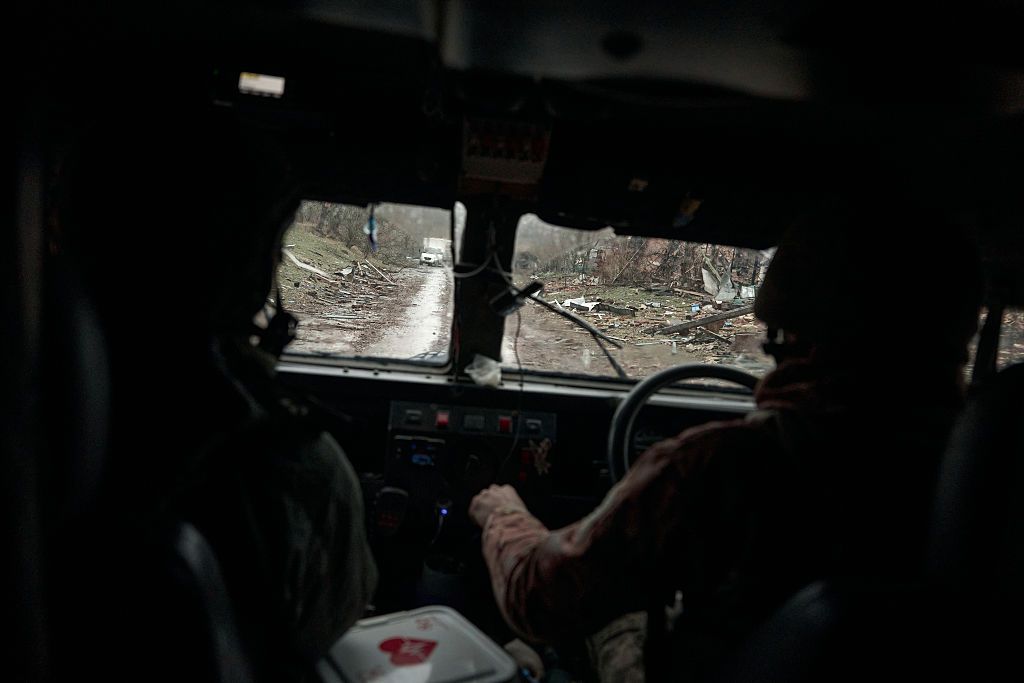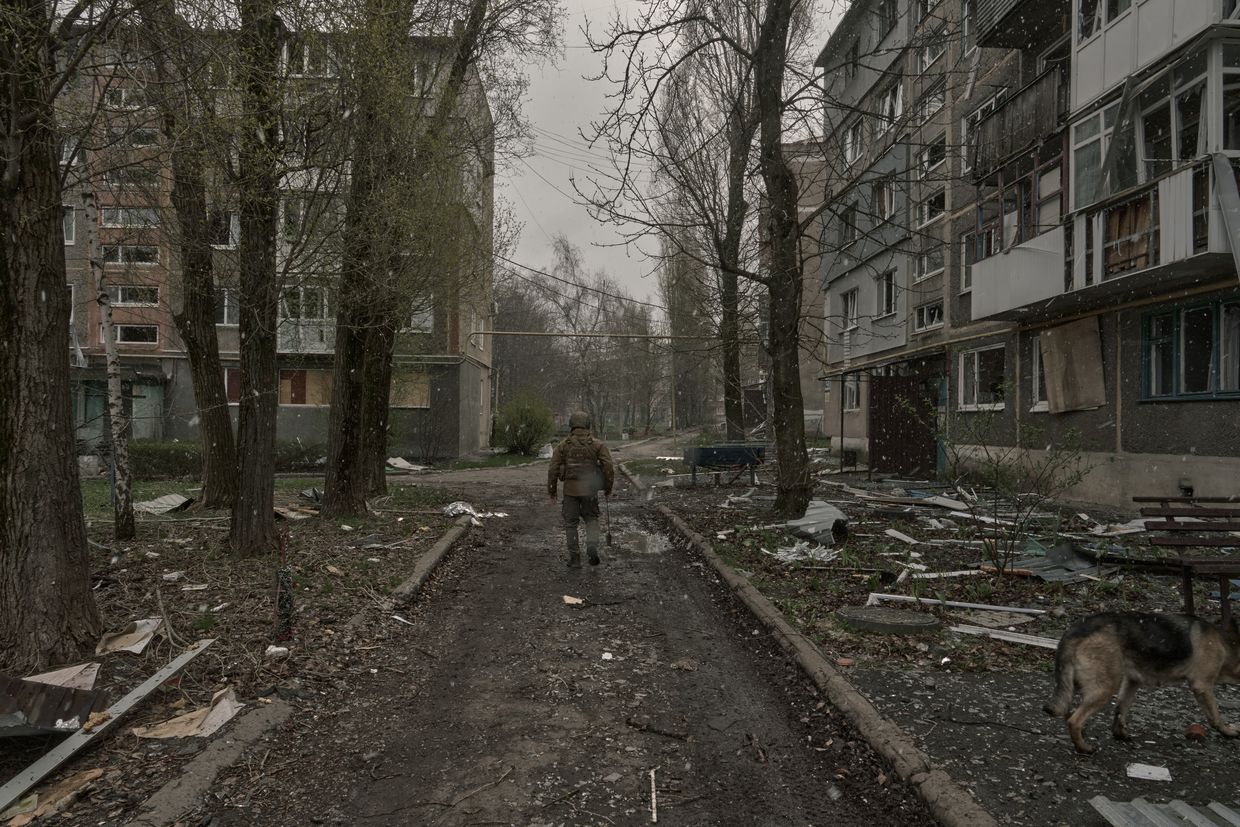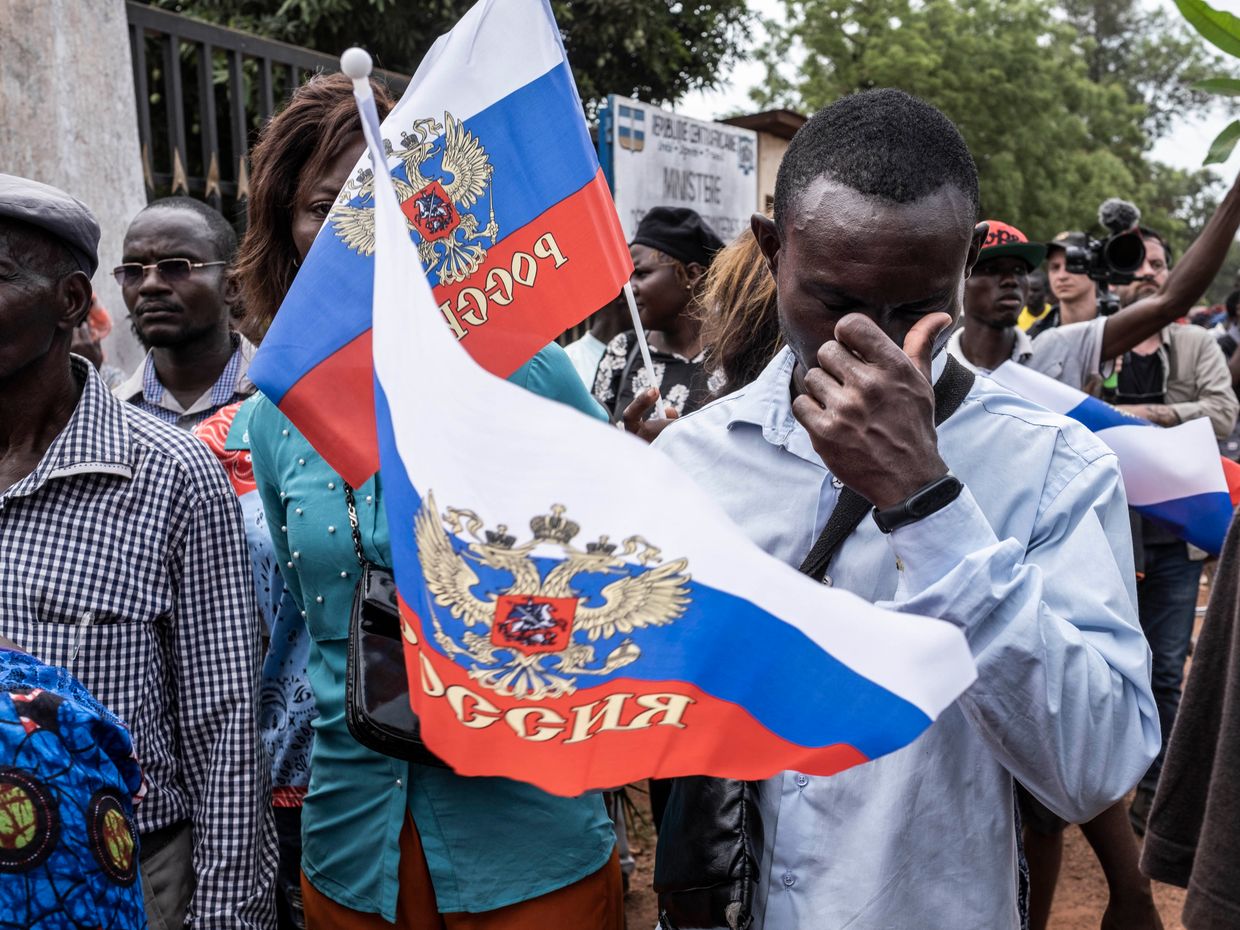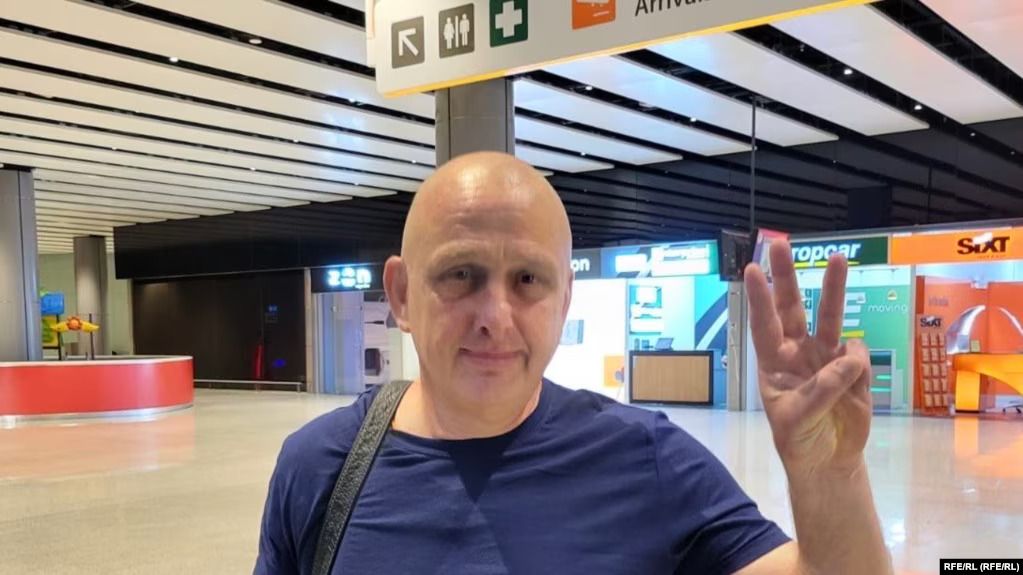
Ukrainian journalist Vladyslav Yesypenko released after four years of Russian detention
Ukrainian journalist Vladyslav Yesypenko was released on June 22 after more than four years in Russian imprisonment, and has left Russian-occupied Crimea.

Ukrainian journalist Vladyslav Yesypenko was released on June 22 after more than four years in Russian imprisonment, and has left Russian-occupied Crimea.

U.S. President Donald Trump's crackdown against Voice of America has been celebrated by Russian propagandists, who welcomed the cuts to the network.
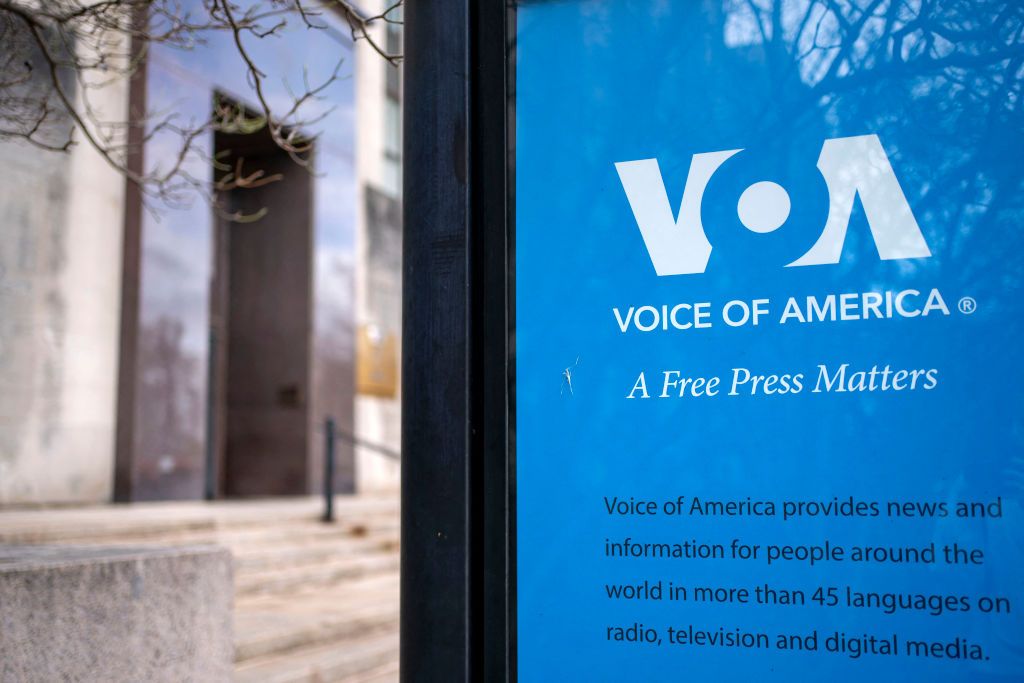
A senior VOA employee told Politico that USAGM-led layoffs would likely affect all staff, effectively shuttering operations. Earlier this month on May 15, about 600 contractors working for VOA received termination notices.
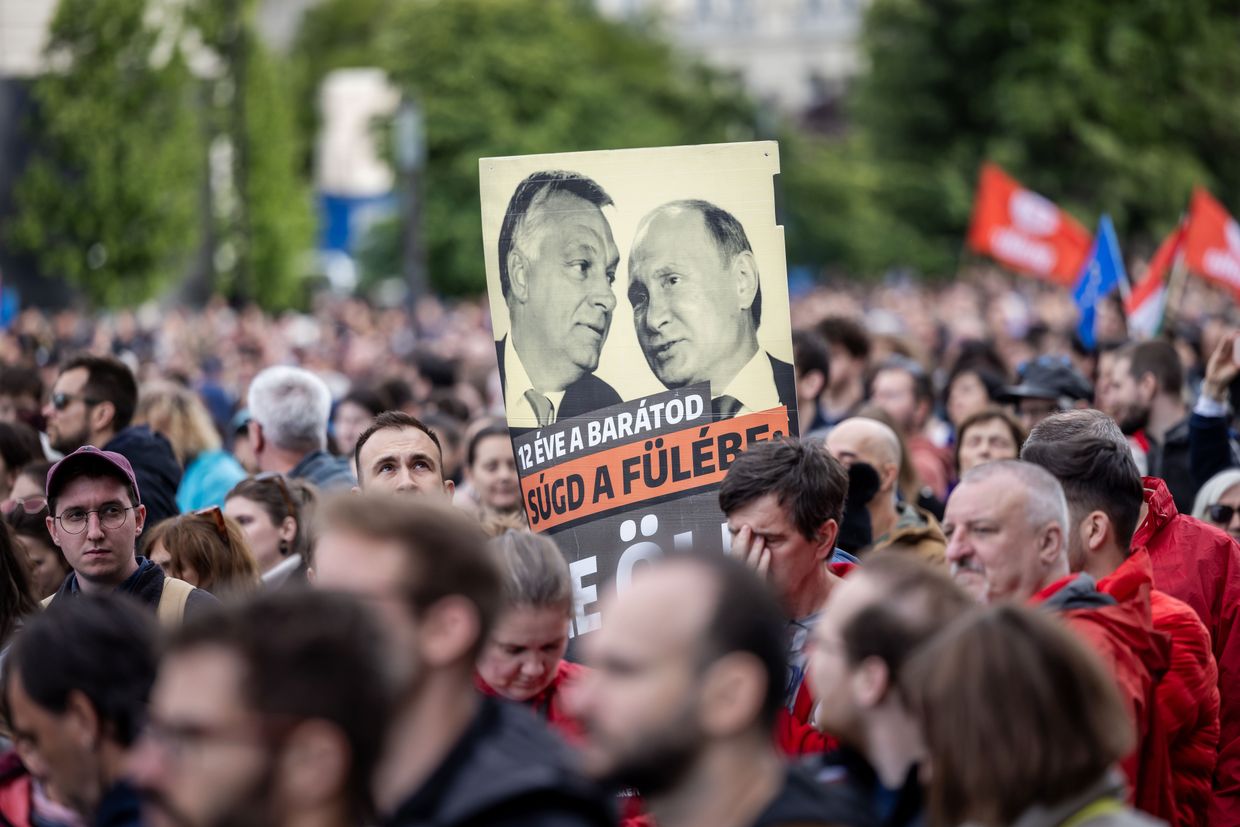
Protesters packed Kossuth Square outside Hungary's parliament, denouncing the bill as an attack on civil society and democratic freedoms.
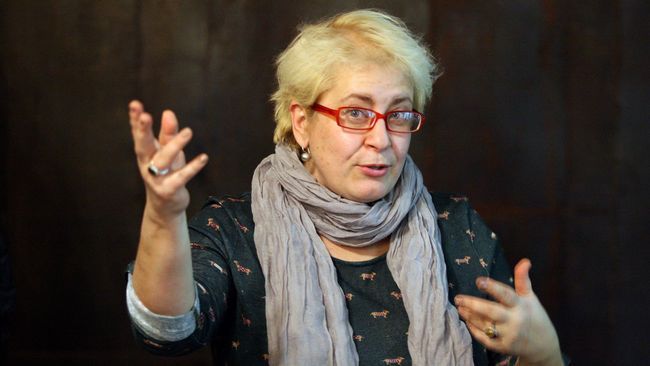
In early May, 64-year-old film critic and journalist Ekaterina Barabash made international headlines when it was revealed that she had pulled off a daring escape from house arrest in Russia and sought political asylum in France. Barabash was put under house arrest in February for posts that she had made
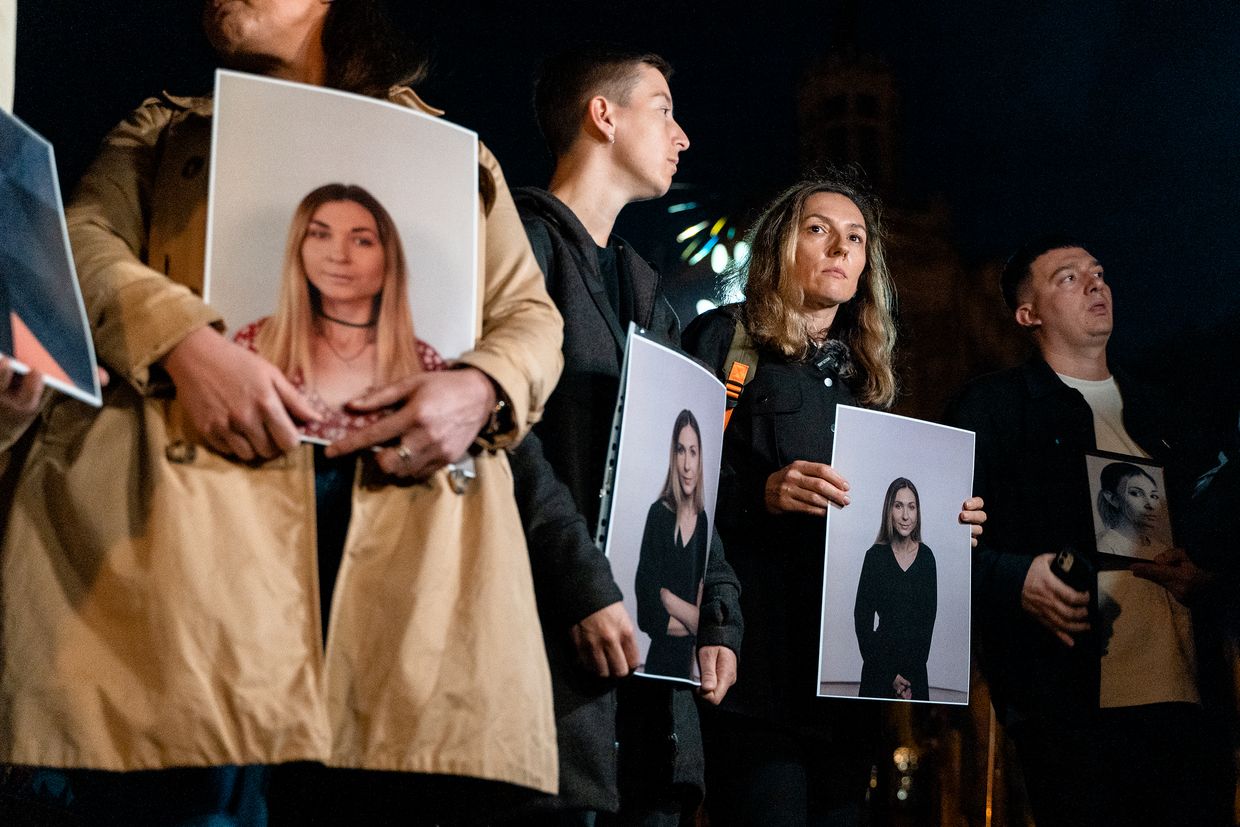
“How do we continue convincing our few remaining allies that journalists’ work is important?” Last month, I was sitting on stage at the International Journalism Festival in Perugia, Europe’s biggest journalism conference, when I heard this question from an audience member. The answer came to me fast. “Point at
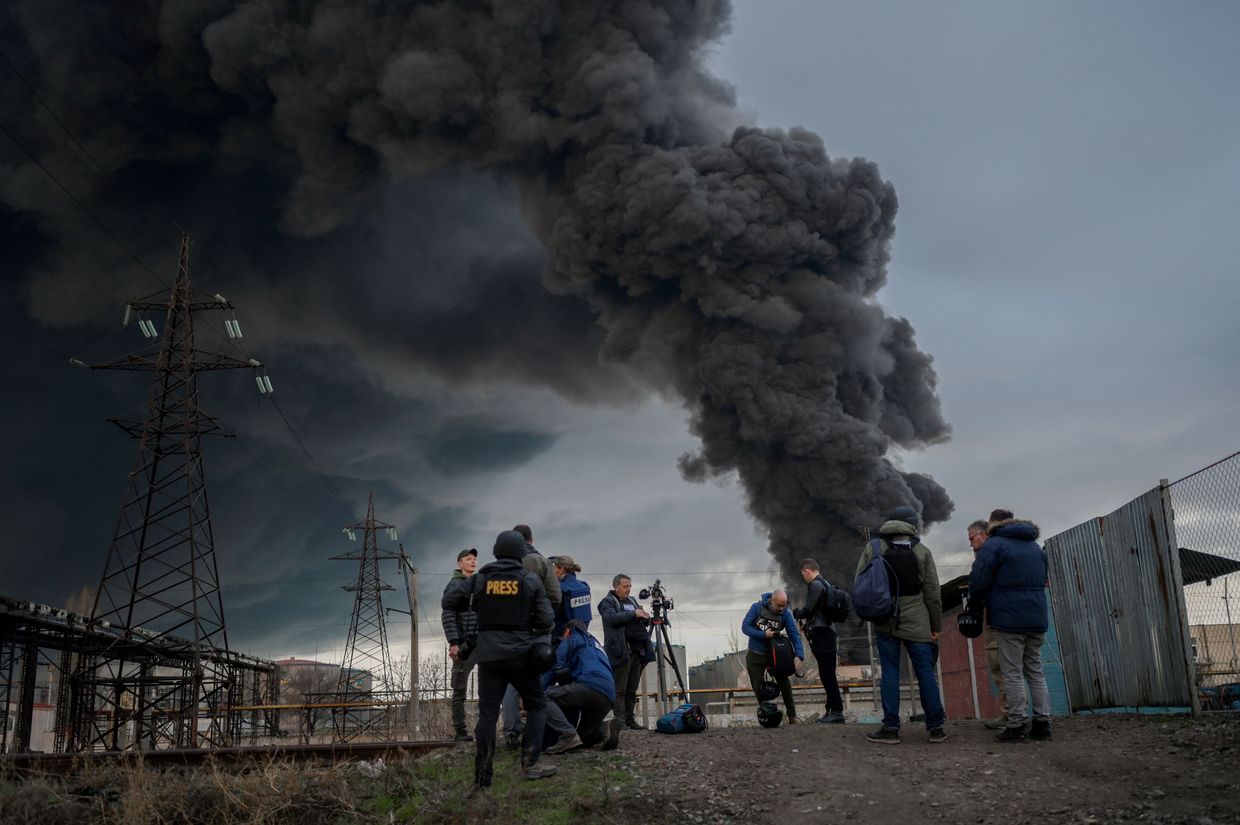
The index highlights an unprecedented economic crisis across independent outlets in Europe, worsened by the collapse of American aid and the spread of Russian propaganda.
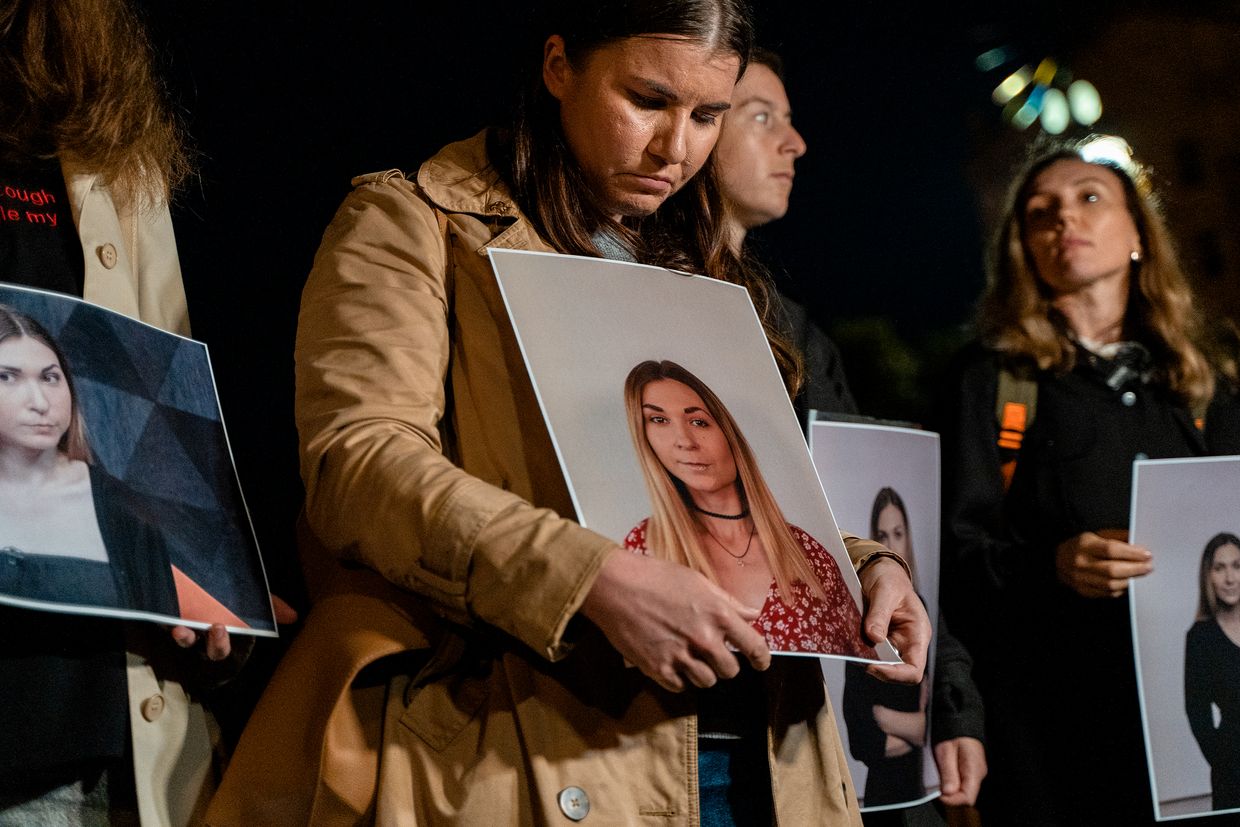
It took several DNA tests to confirm the identity of Ukrainian journalist Viktoriia Roshchyna, who was killed in Russian captivity in the fall of 2024. Roshchyna, 27, disappeared in August 2023 while on a reporting trip in Ukraine's Russian-occupied territories. Moscow only acknowledged her detention the following year. Ukraine was
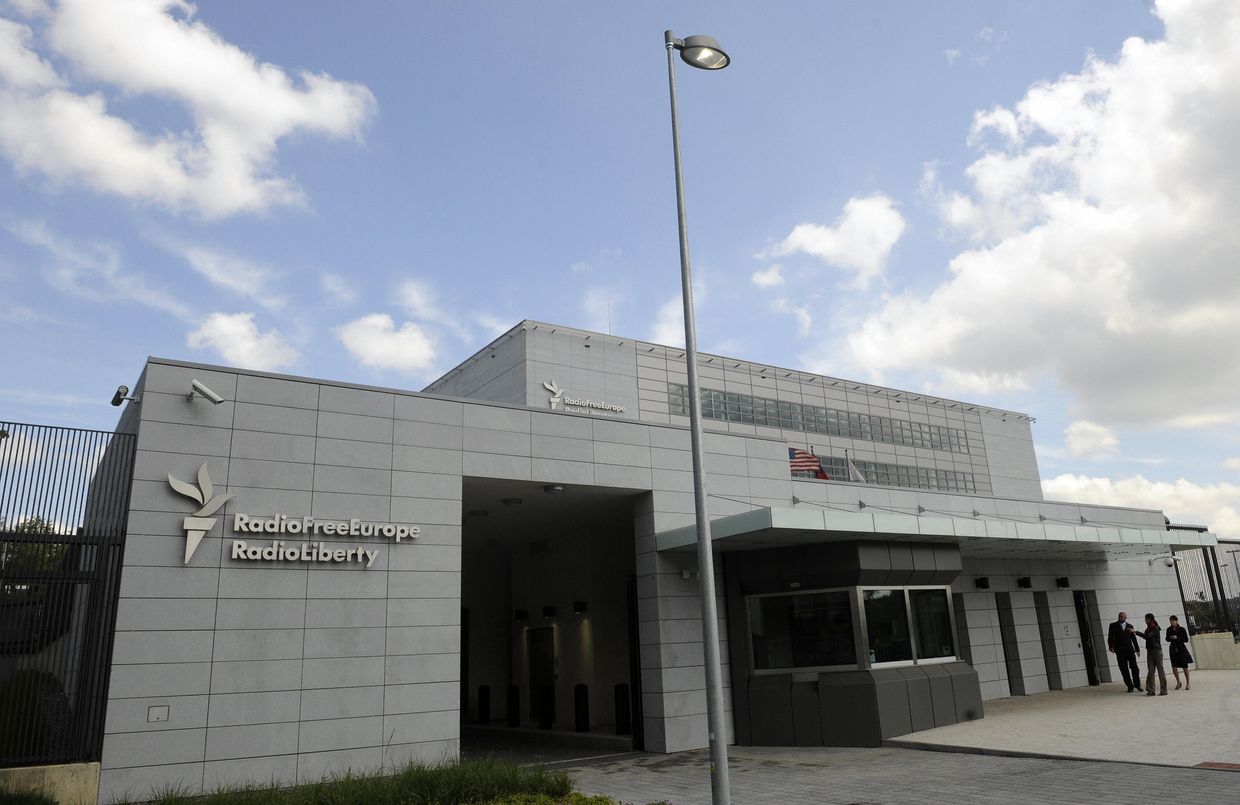
The editorial office of Radio Free Europe/Radio Liberty Ukraine announced on April 11 that it was reducing its broadcasts and placing a number of it employees on leave as the U.S. government-funded media organization continues to endure "financial challenges" amid the Trump administration's efforts to eliminate grant funding.

RFE/RL sued USAGM on March 18 over the termination of grant funding, arguing that the step violates federal laws and the U.S. Constitution.

The lawsuit comes after U.S. President Donald Trump signed an executive order to stop funding for U.S. Agency for Global Media (USAGM), which oversees Voice of America and Radio Free Europe/Radio Liberty (RFE/RL).
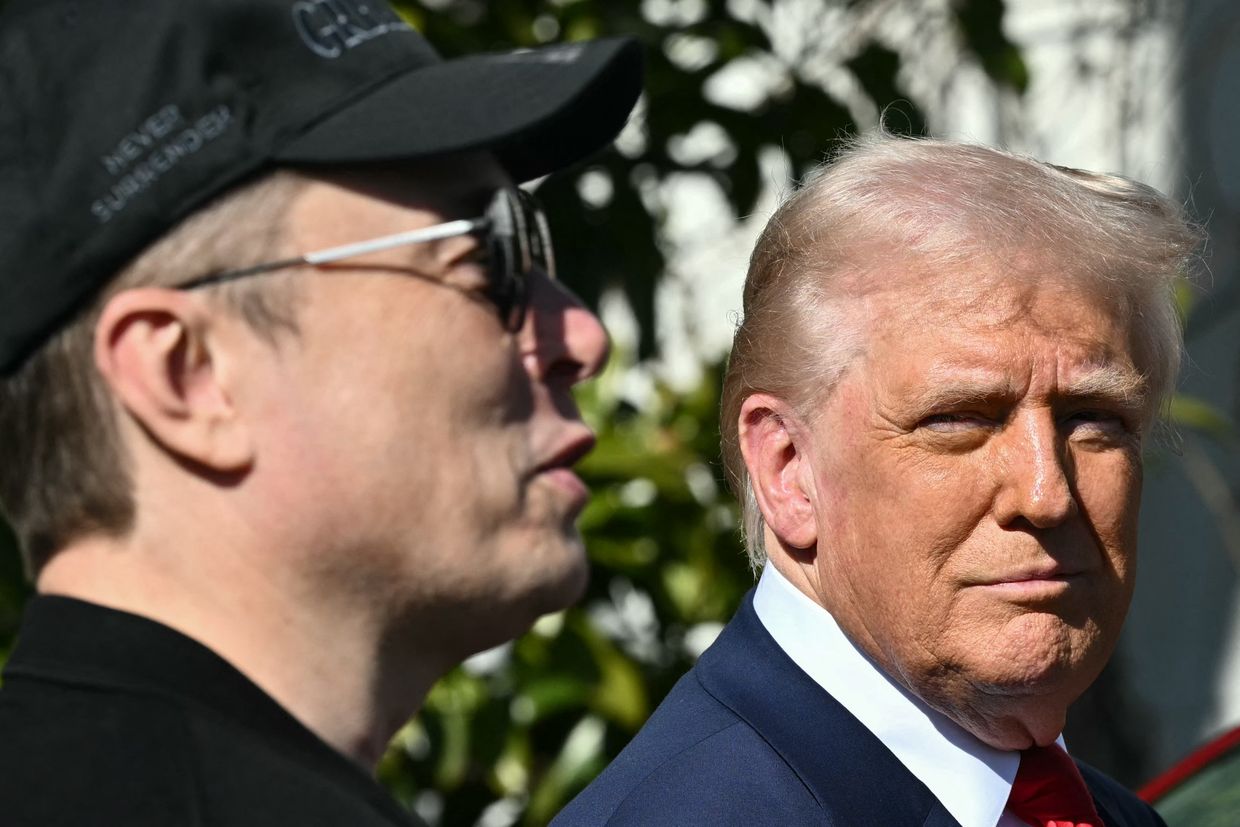
The U.S. decision to cut off funding for Radio Free Europe/Radio Liberty came as a surprise for the outlet’s newsroom, a source in the RFE/RL's Ukrainian Service told the Kyiv Independent. “We understood that the U.S. president, to put it mildly, does not like us,

EU foreign ministers are set to discuss the termination of the U.S. grant that funded Radio Free Europe/Radio Liberty (RFE/RL) during a meeting in Brussels on March 17, according to a Kyiv Independent reporter in Brussels.

The Trump administration on March 15 followed up a on an executive order signed a day earlier by President Donald Trump vowing to gut funding for the U.S. Agency for Global Media (USAGM), which oversees Voice of America (VOA) and Radio Free Europe/Radio Liberty (RFE/RL). As a

Independent Russian film critic Ekaterina Barabash was placed under house arrest by a Moscow court for posting “fake news” on her Facebook account about the war in Ukraine, her son Yurii Barabash reported on Facebook on Feb. 26. Detained by the Russian Investigative Committee on Feb. 25, Barabash will remain

The Russian Investigative Committee detained film critic Ekaterina Barabash in Moscow, her son Yuri Barabash reported on Facebook on Feb. 25.
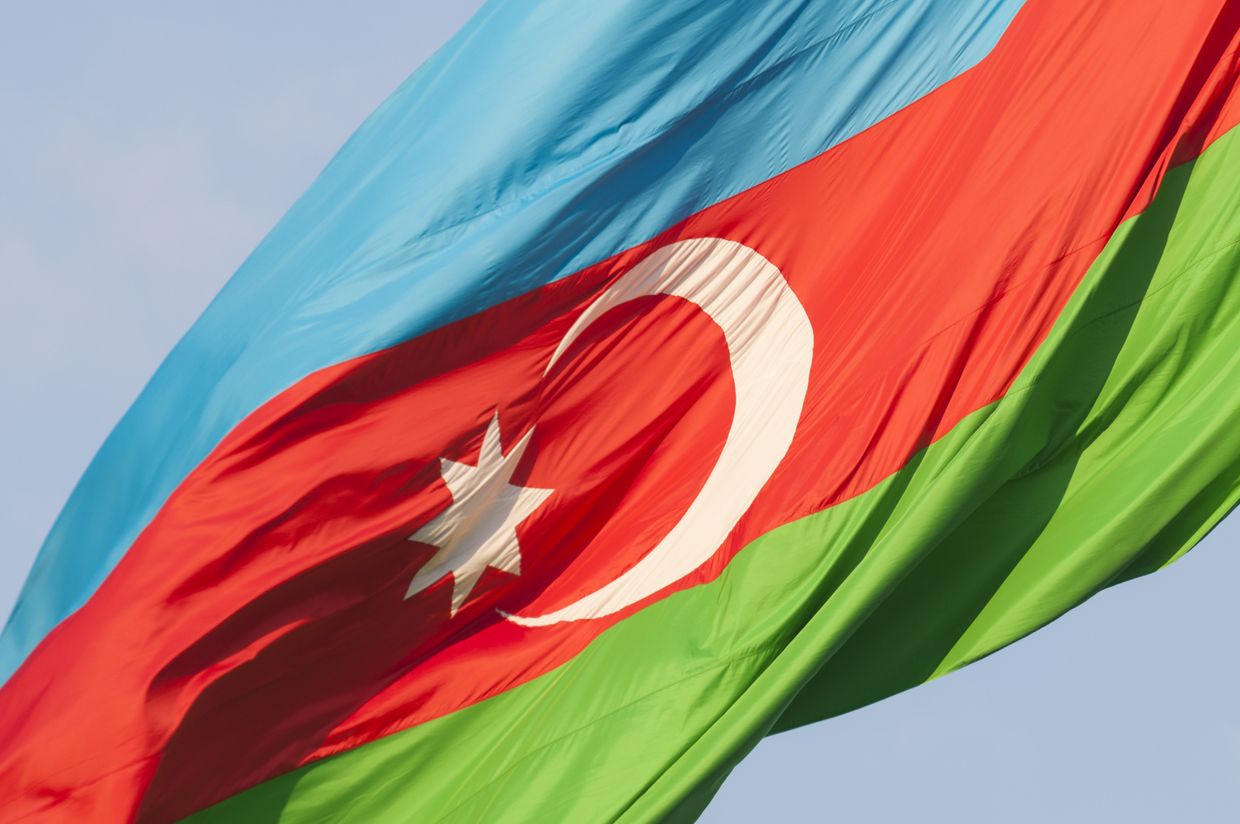
The British broadcaster confirmed that it had taken the "reluctant decision" to close the office following verbal instructions from the Azerbaijani Foreign Ministry.
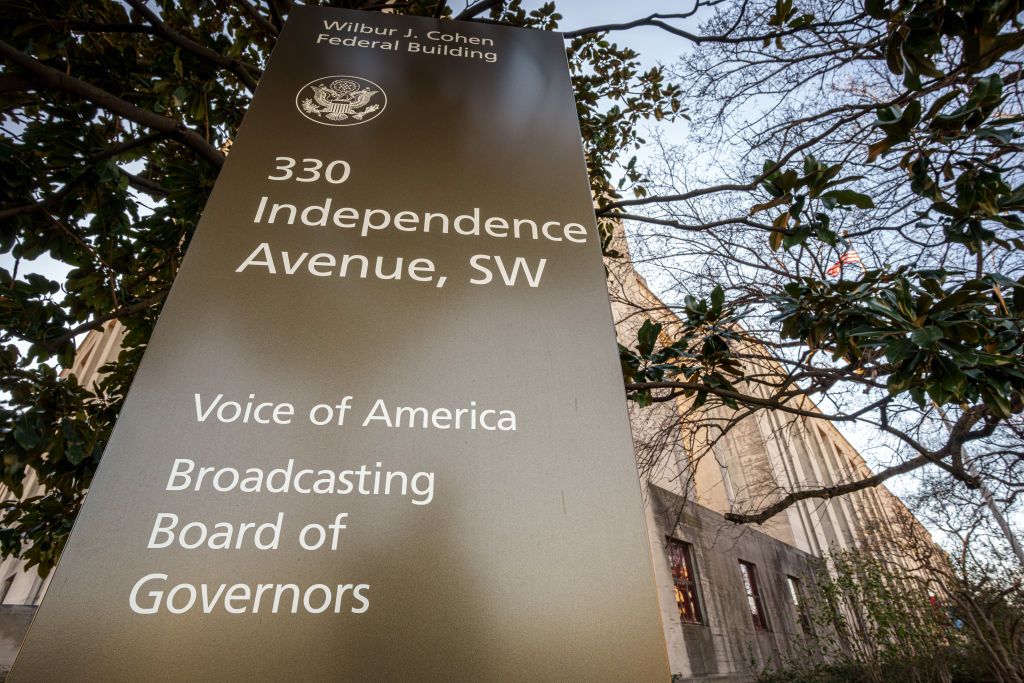
"Yes, shut them down. Europe is free now (not counting stifling bureaucracy). Nobody listens to them anymore. It’s just radical left crazy people talking to themselves while torching $1B/year of US taxpayer money," Musk wrote.
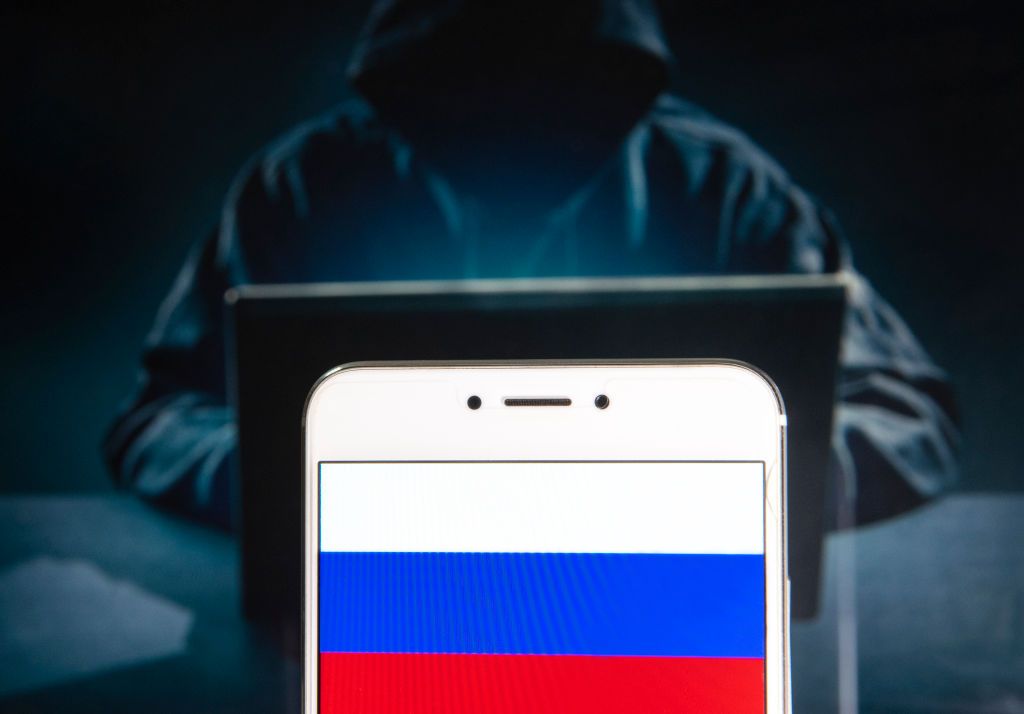
In 2024, Russian authorities blocked 417,000 websites, the Russian independent news outlet Verstka reported.
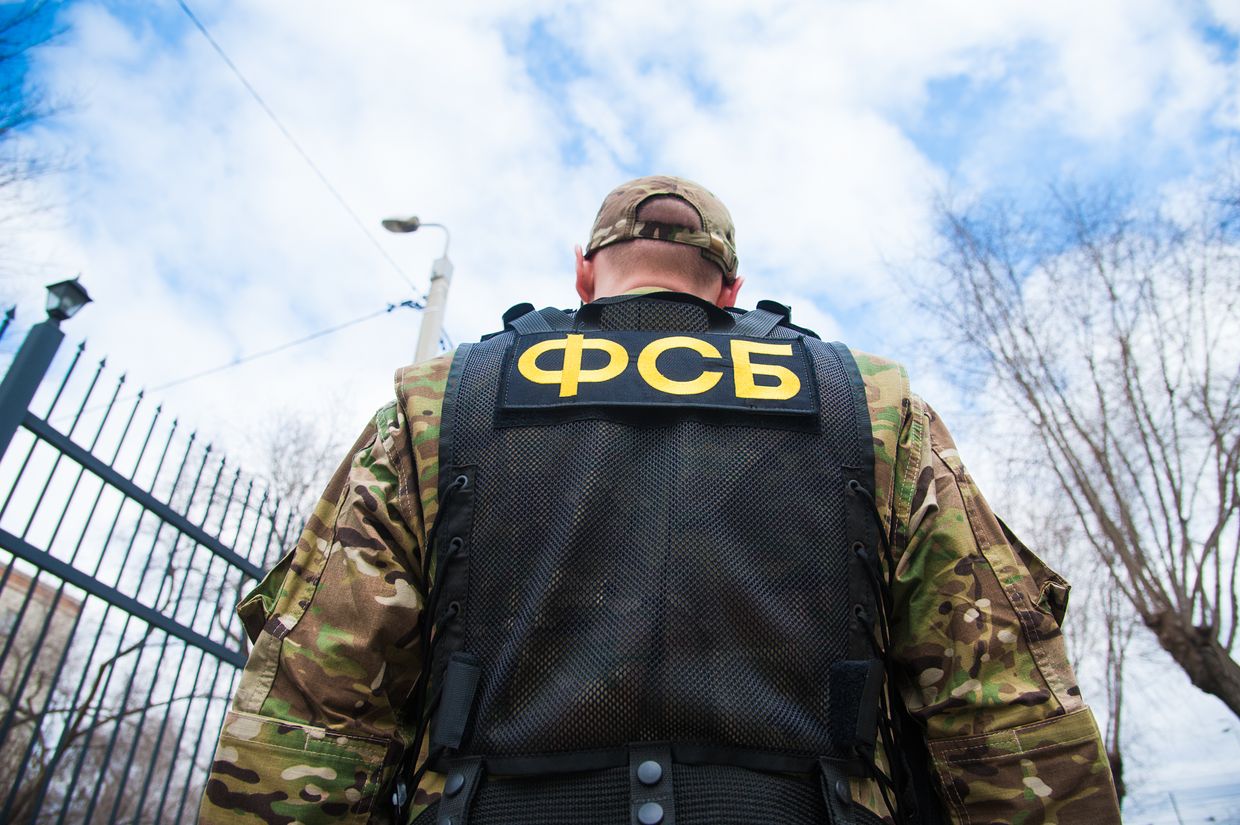
Russia's FSB has designated the independent media outlet Komi Daily as a "terrorist organization."
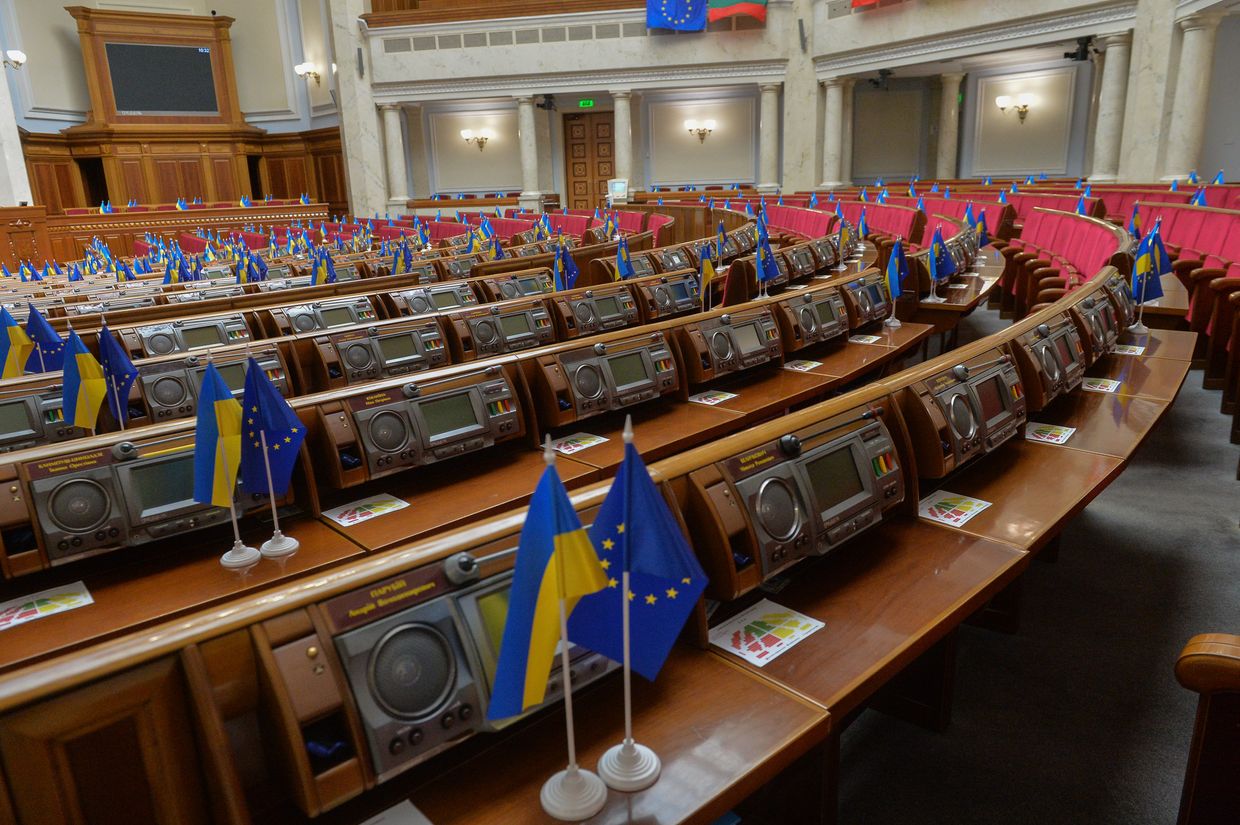
The legislation was lambasted by the media and activists as an attempt to hamper investigations into corruption and other illicit activities by officials.

"Press freedom and pluralism are crucial for strengthening democracy, supporting political debate, and advancing Ukraine’s Euro-Atlantic path," the G7's representation in Ukraine said on X.
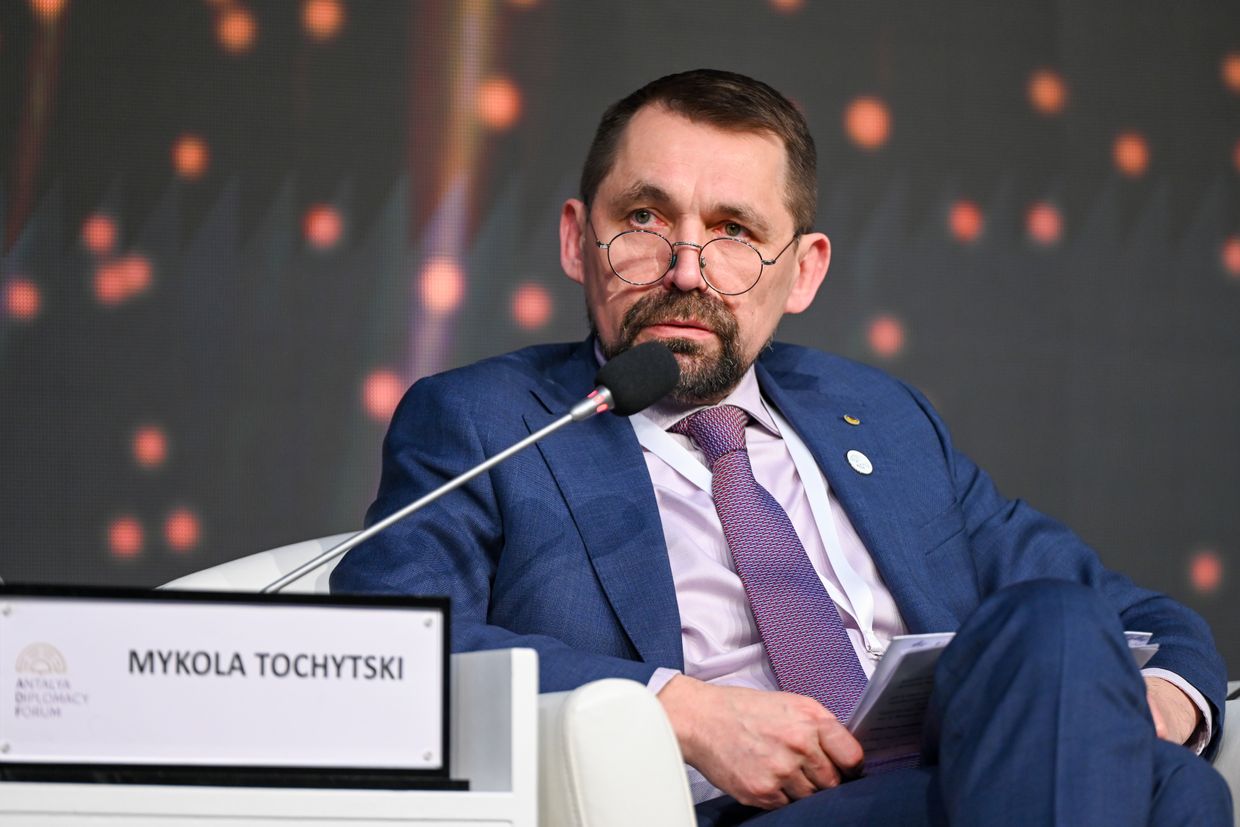
The Ukrainian government doesn't plan to stop supporting the telethon, Ukraine's state-run pool of TV channels created during wartime, before the end of the martial law, Interfax Ukraine reported on Oct. 31, citing Culture Minister Mykola Tochytskyi.
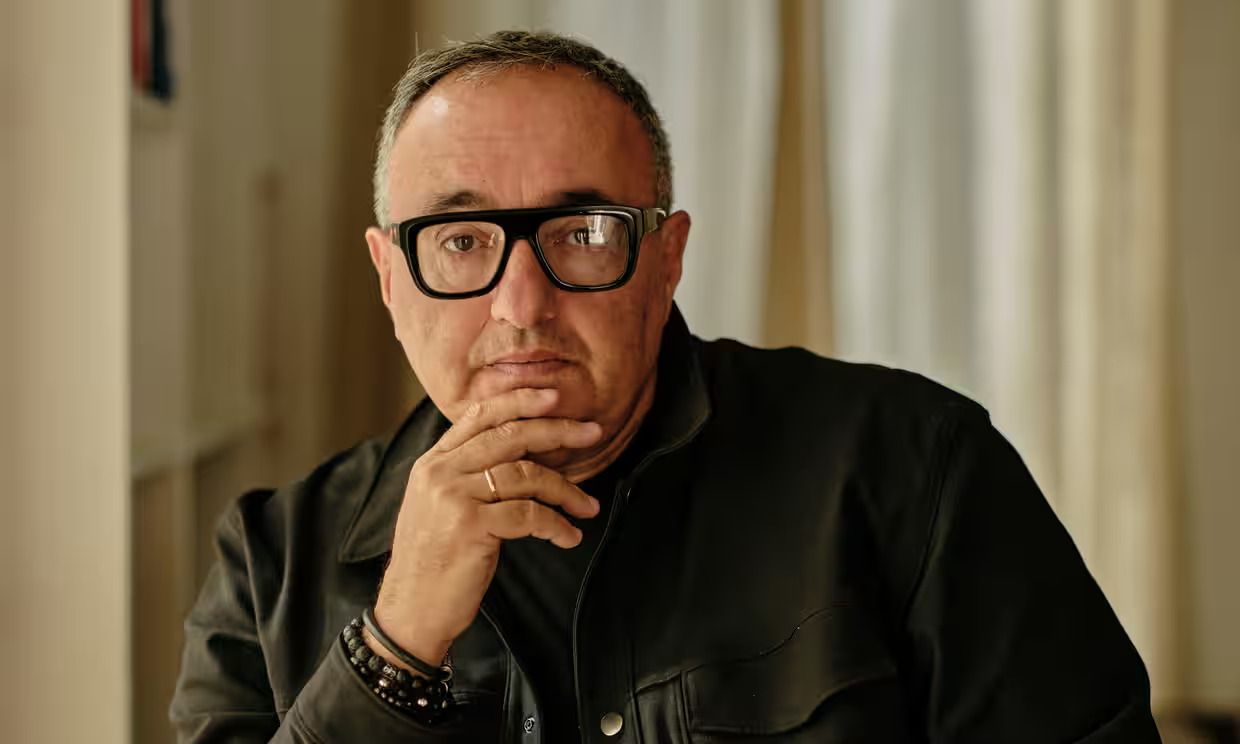
Moscow's Basmanny district court sentenced Ukrainian film producer Alexander Rodnyansky, on Oct. 21, to 8 and a half years in absentia for "spreading fake information" about the Russian Army.
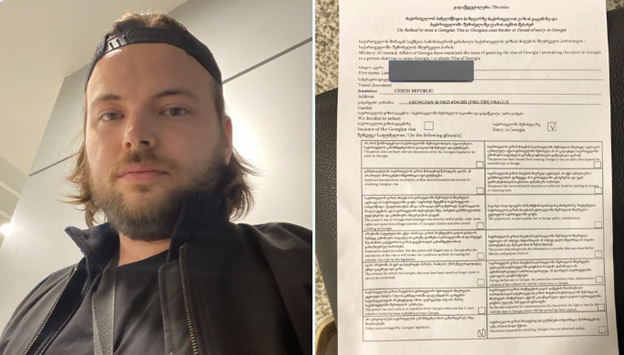
Czech journalist Ray Baseley was denied entry to Georgia without an explanation after arriving at Tbilisi airport on Oct. 22 to cover the upcoming parliamentary elections.
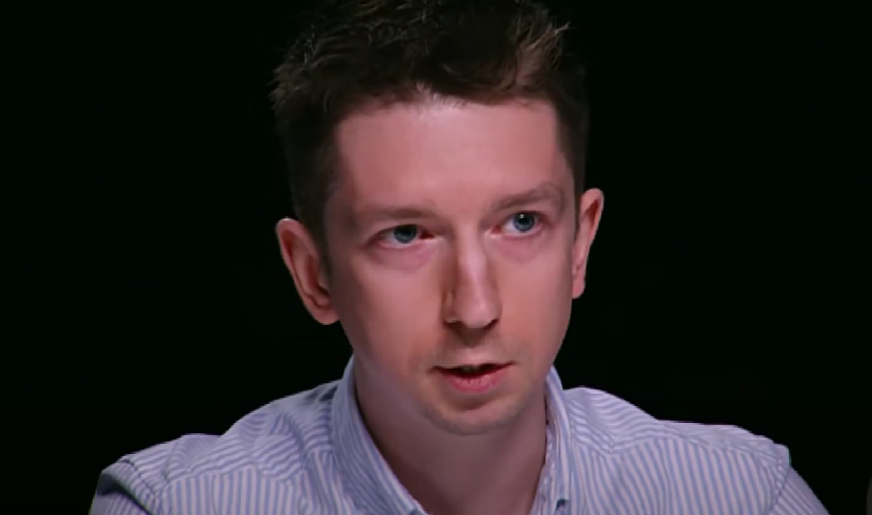
Ukraine's presidential adviser Dmytro Lytvyn's reaction came after almost a week of silence after Ukrainska Pravda claimed that the Ukrainian government is exerting "systematic pressure" against one of Ukraine’s biggest news media sites.

The alleged attempts to pressure the media outlet are "are nothing short of anti-democratic given the essential role of the newsroom in upholding a core national value of freedom of the press," said Gulnoza Said, the Committee to Protect Journalist's Europe and Central Asia program coordinator.
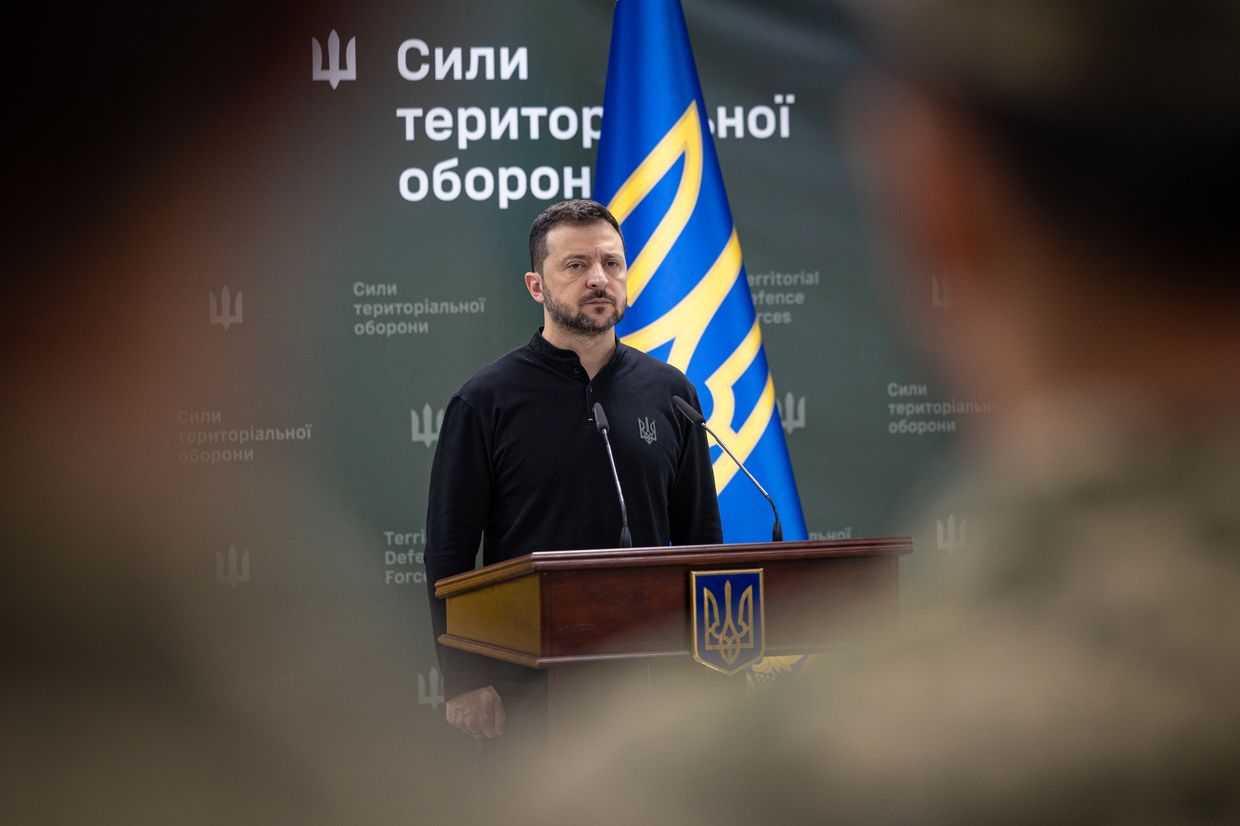
Ukraine's independent media has taken great strides since the EuroMaidan Revolution in 2014, but concerns have been raised since the start of Russia's full-scale invasion.
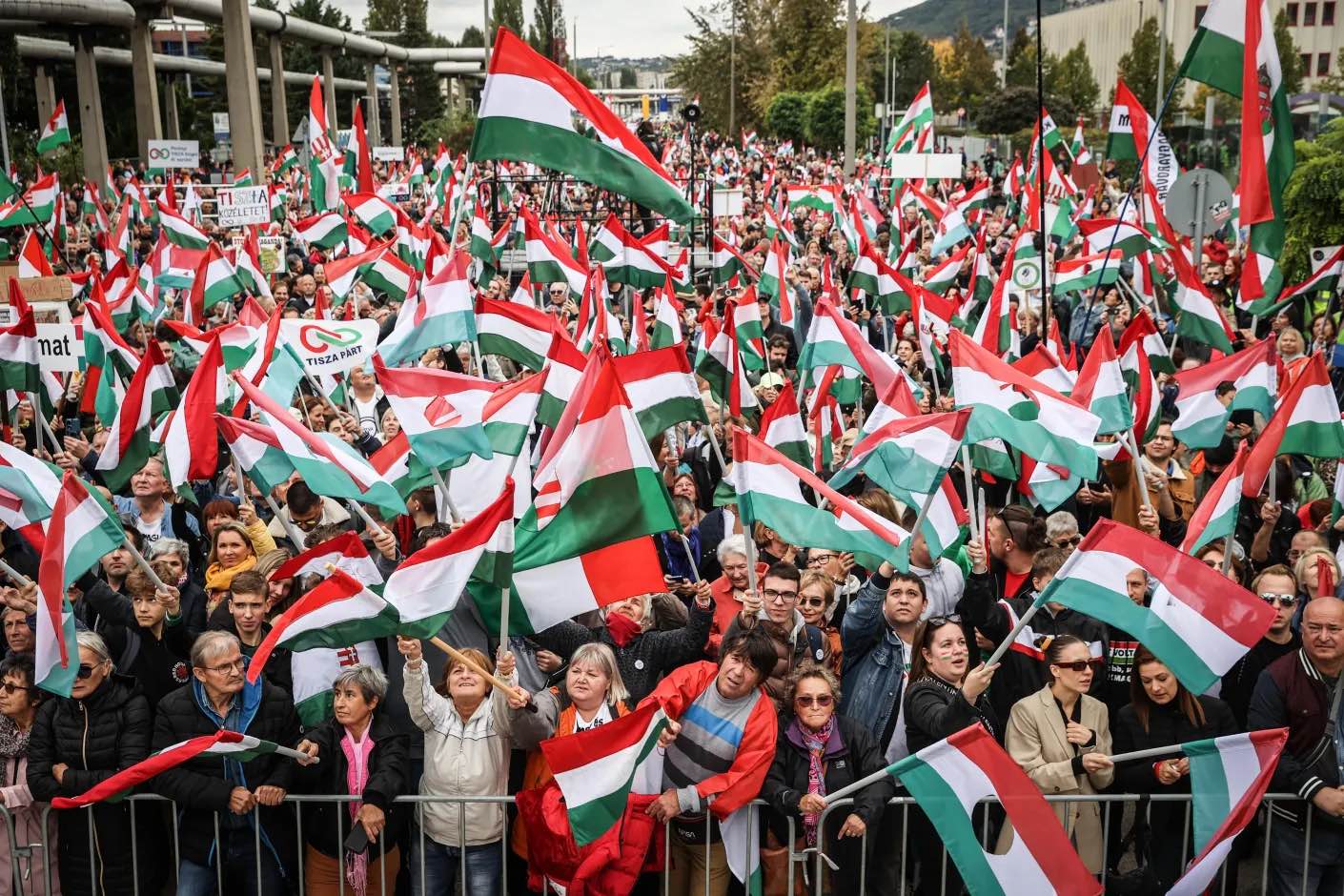
The protests, launched outside of the building of the state-owned MTVA media company, were organized by Hungary's leading opposition figure and head of the Tisza party, Peter Magyar.
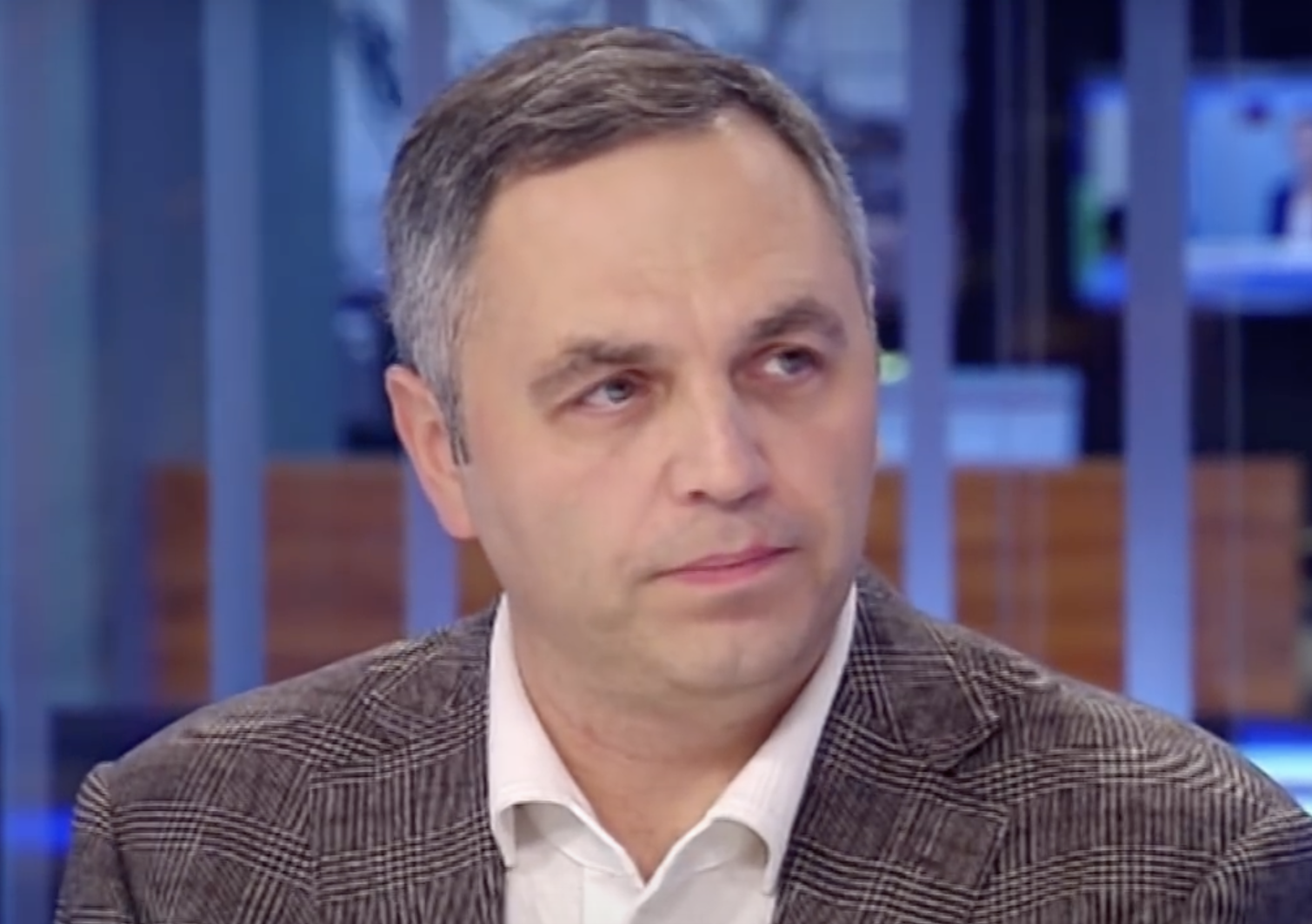
The Shevchenkivskyi District Court in Kyiv on Sept. 23 ruled in favor of Andriy Portnov, a former top official in ex-President Viktor Yanukovych’s administration, in a defamation case against several news outlets, including the Kyiv Independent. Portnov challenged a reference to him as a “pro-Russian” politician and a person
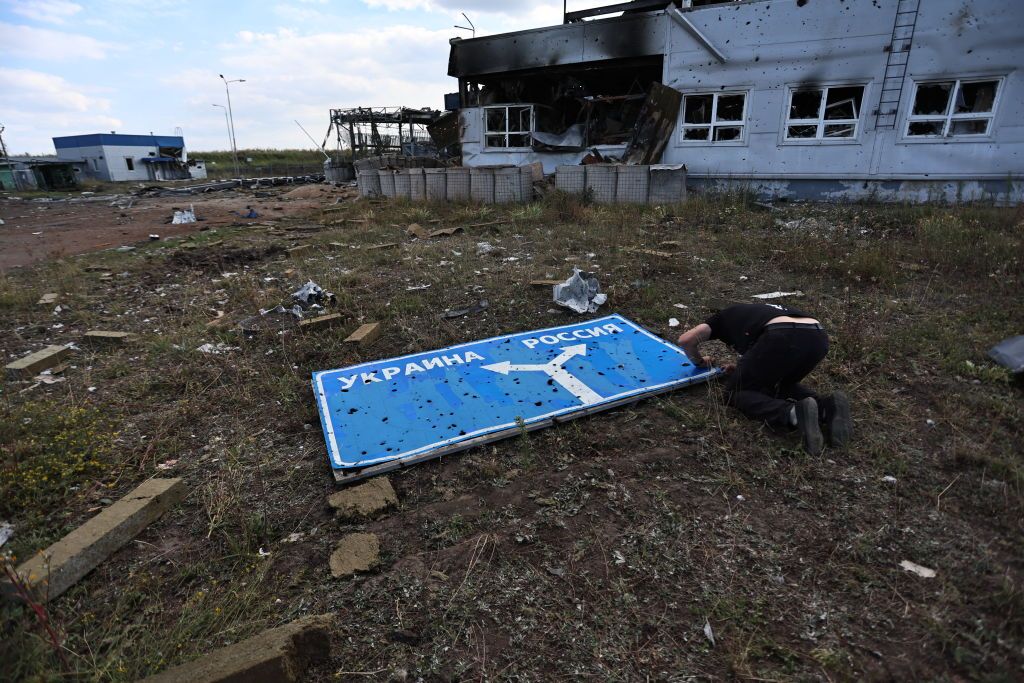
The RAI news team were the first to publish a foreign media report of Ukraine's incursion in Kursk Oblast.
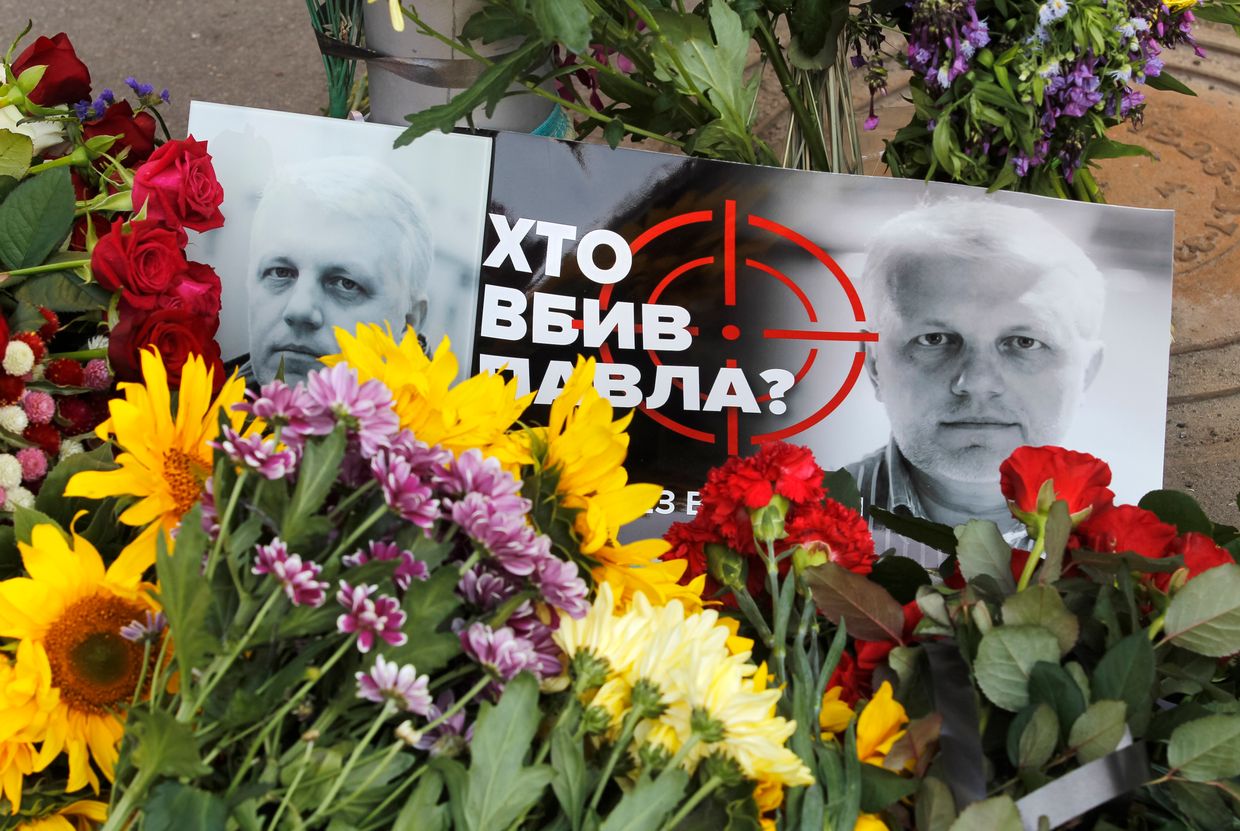
Two years ago, a man and two women – a Ukrainian rock musician turned soldier, a military medic, and a female pediatric surgeon – faced potential conviction in one of Ukraine's most high-profile assassination cases: the 2016 car bombing of journalist Pavel Sheremet. But in the wake of Russia’s full-scale invasion,

